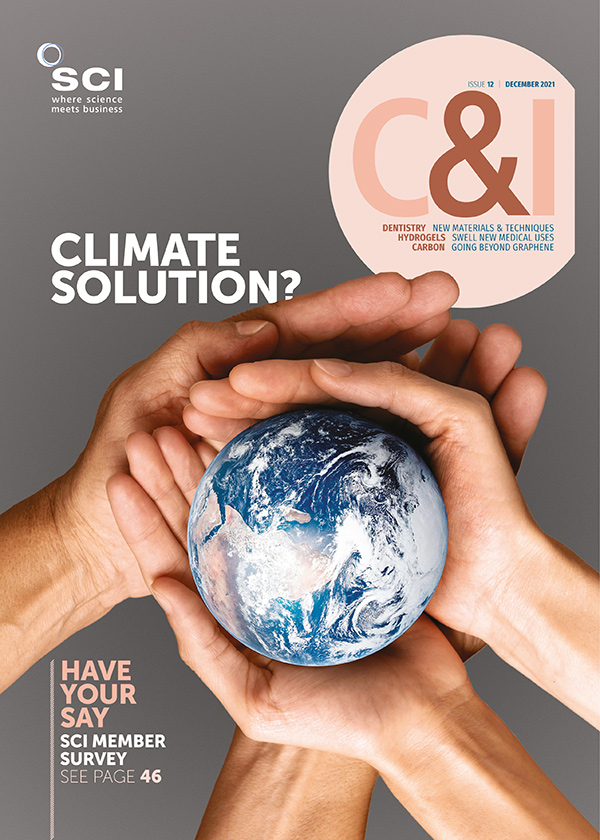Maria Burke
An EU panel of scientists has given the thumbs-up to a feed additive that reduces methane emissions from cows. It could significantly lower the environmental footprint of meat, milk and dairy products, its developers claim.
The European Food Safety Authority’s (EFSA) scientific advisors confirm that the feed additive Bovaer – made by the Dutch company DSM – reduces methane emissions from dairy cows and is safe. It is the first EFSA scientific assessment of a feed additive for this purpose. The product must still get approval from the European Commission Standing Committee on Plants, Animals, Food and Feed before it can be marketed in the EU.
In ruminant animals such as cows and goats, enteric fermentation occurs in the digestive tract, or rumen. This is where microbes decompose and ferment plant materials, such as celluloses, fibre, starches and sugars. Enteric methane is one by-product of this digestive process – expelled by burping.
The feed additive aims to suppress the enzyme that triggers this fermentation. DSM says Bovaer is broken down in the cow’s digestive system into compounds already naturally present.
The EFSA panel looked at data that showed a quarter teaspoon of Bovaer per cow every day consistently reduces enteric methane emission by around 30% for dairy cows and up to 90% for beef cows. Upon feeding, it takes effect immediately.
DSM, which has been working on Bovaer for a decade, received full regulatory approvals in Brazil and Chile in September 2021 for use in beef and dairy cows, sheep and goats. The company has signed a development agreement with JBS, one of the world’s largest food producers, and has already started building a new large-scale production facility in Dalry, Scotland.
‘Bovaer is a novel product and has a lot of potential in the beef cattle industry,’ comments Jon Schoonmaker, Associate Professor of animal science at Purdue University, US. ‘Developers had a deep understanding of the methanogenic process and built a well-designed compound that targets a specific process in methanogenic bacteria. A number of studies in cattle show it is effective at decreasing methane emissions. Bovaer’s impact on animal productivity are less clear.’
Total emissions from global livestock reach 7.1 Gt/year of CO2-equiv, representing 14.5% of all anthropogenic GHG emissions, according to information from FAO. Cattle raised for beef and dairy represent about 65% of the livestock sector’s emissions – with enteric fermentation from ruminants responsible for 39% of total emissions.





